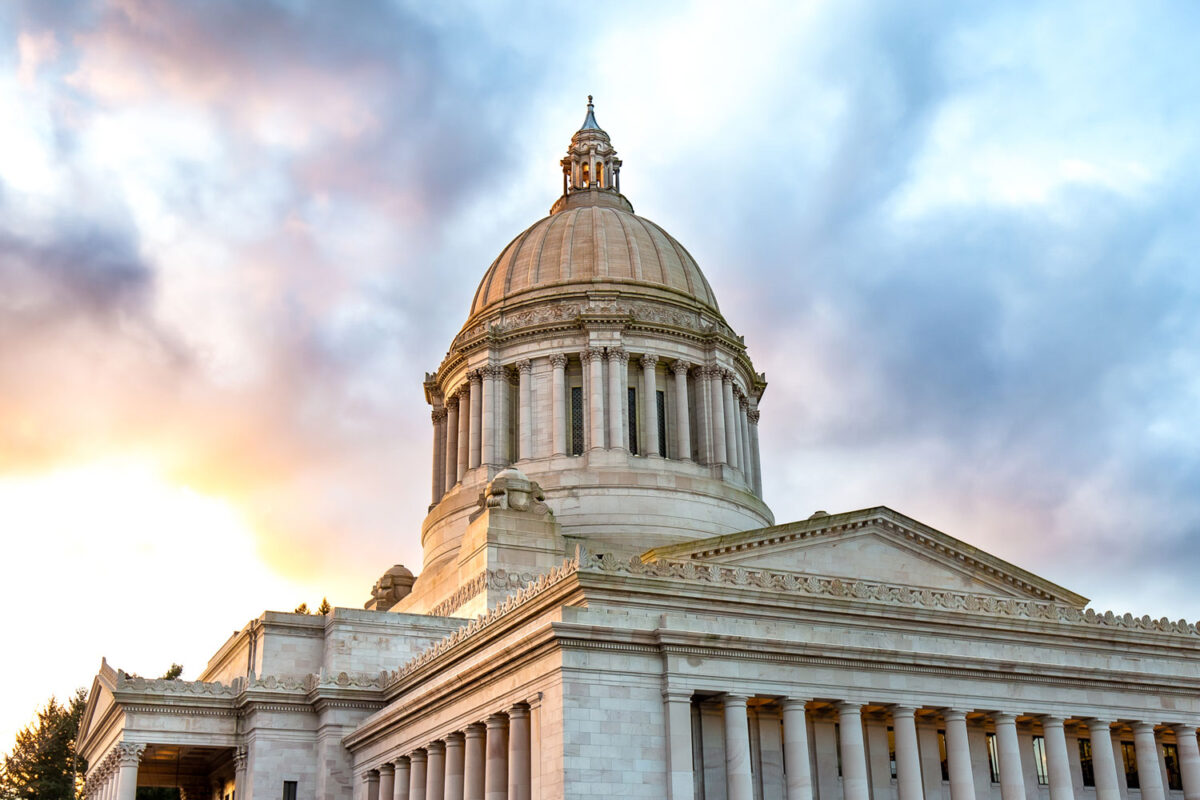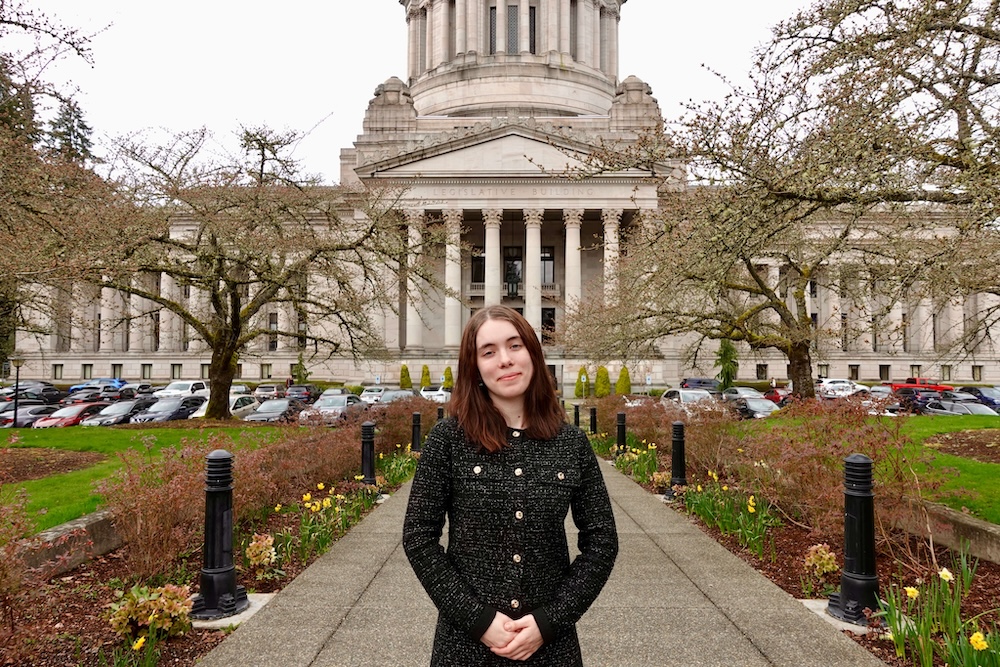A year after completing her community psychology degree with a human rights minor at the University of Washington Bothell, Shawn Peterson created a way to combine her education with her passion.
She helped start Native Girls Code in 2015 with the goal of introducing indigenous teen girls to opportunities in the field of science, technology, engineering and mathematics. The girls learn about the program from Peterson’s outreach to community groups and families.
Peterson, who grew up in Kirkland, Washington, is affiliated with the Tlaoquiaht First Nation on the west coast of Vancouver Island, British Columbia, where her father was born there. She is now the youth program director for the Na’ah Illahee Fund, a Seattle nonprofit for native women and girls.
During the Native Girls Code program, teenage girls learn what it takes to make a video game, create a phone app or build a template for a website. At the same time, the program incorporates cultural learning. A workshop is likely to begin with a “smudge with sage” where they burn the plant and take the smoke over their bodies.
“It clears your mind, clears the space for the day and gets rid of bad feelings you may have,” says Peterson, right.
The 10 girls in the program range in age from 12 to 17, although most are 14. They meet twice a month on Saturdays from September to May, sometimes on the UW Seattle campus where the Information School is a partner.
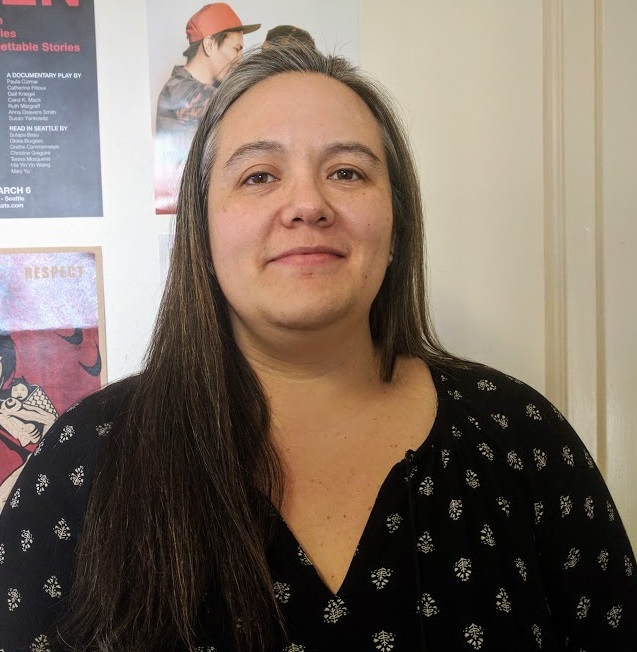

Peterson also is exploring a partnership with UW Bothell, where she gained knowledge and experience that that led to her current position. She helped create RAIN (Reaching American Indian Nations), an event on campus where young Native Americans learned about college life and degree opportunities. She also helped create a native outreach and recruiter position in the admissions office.
“There needs to be more native students in the classroom contributing their ways of knowing and understanding of the world,” Peterson says. “They provide much needed diversity in scholarly thought and process.”
Native Girls Code gives the girls experience and opportunities they might not otherwise receive. “Not a lot of girls of color go into the STEM field,” she says.
According to National Science Foundation statistics, underrepresented minority women comprised about 1 in 10 people employed in science and engineering occupations in 2015.
“I want to help the girls realize they have a place in any field they go into,” Peterson says, adding that no prior coding experience is required of the girls. “They come with the knowledge they have, and we meet them were they are.”
The girls represent a number of different tribes and live all around Puget Sound region so it helps that Peterson drives a van and provides the transportation.
"For us, it’s really about giving the girls as many opportunities as possible to see their potential and that they have a place in the STEM field if that what they choose to do,” says Peterson.
Whether native girls who code move into a STEM academic path or career, “I think the seed has been planted,” says Peterson. “It’s giving them a skill that can be used in a variety of ways.”
While the coding is important, what’s also important are the interactions and support they experience with one another.
“They know this is a good place with positive support, and we celebrate who they are as young native women,” Peterson says.
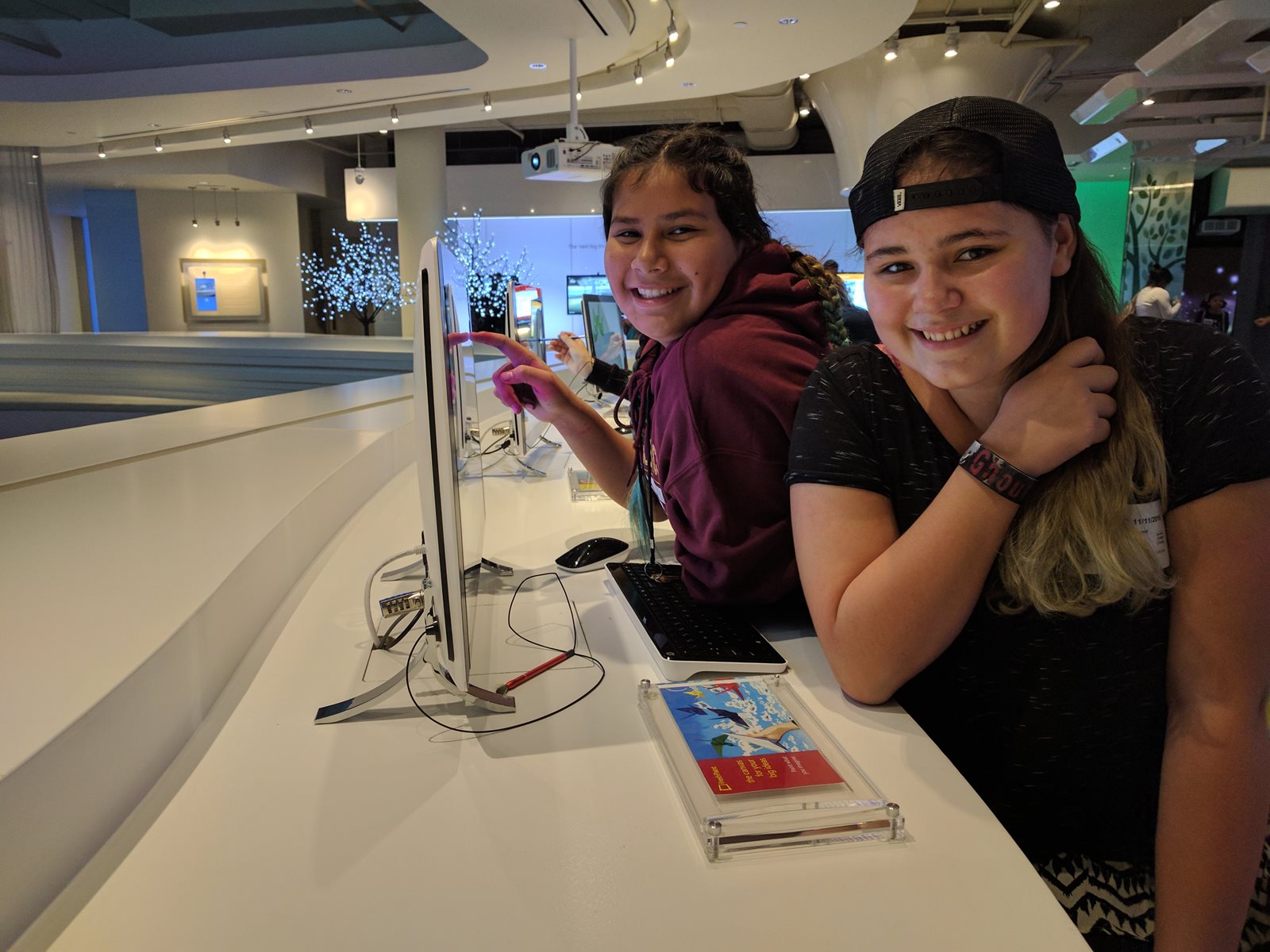
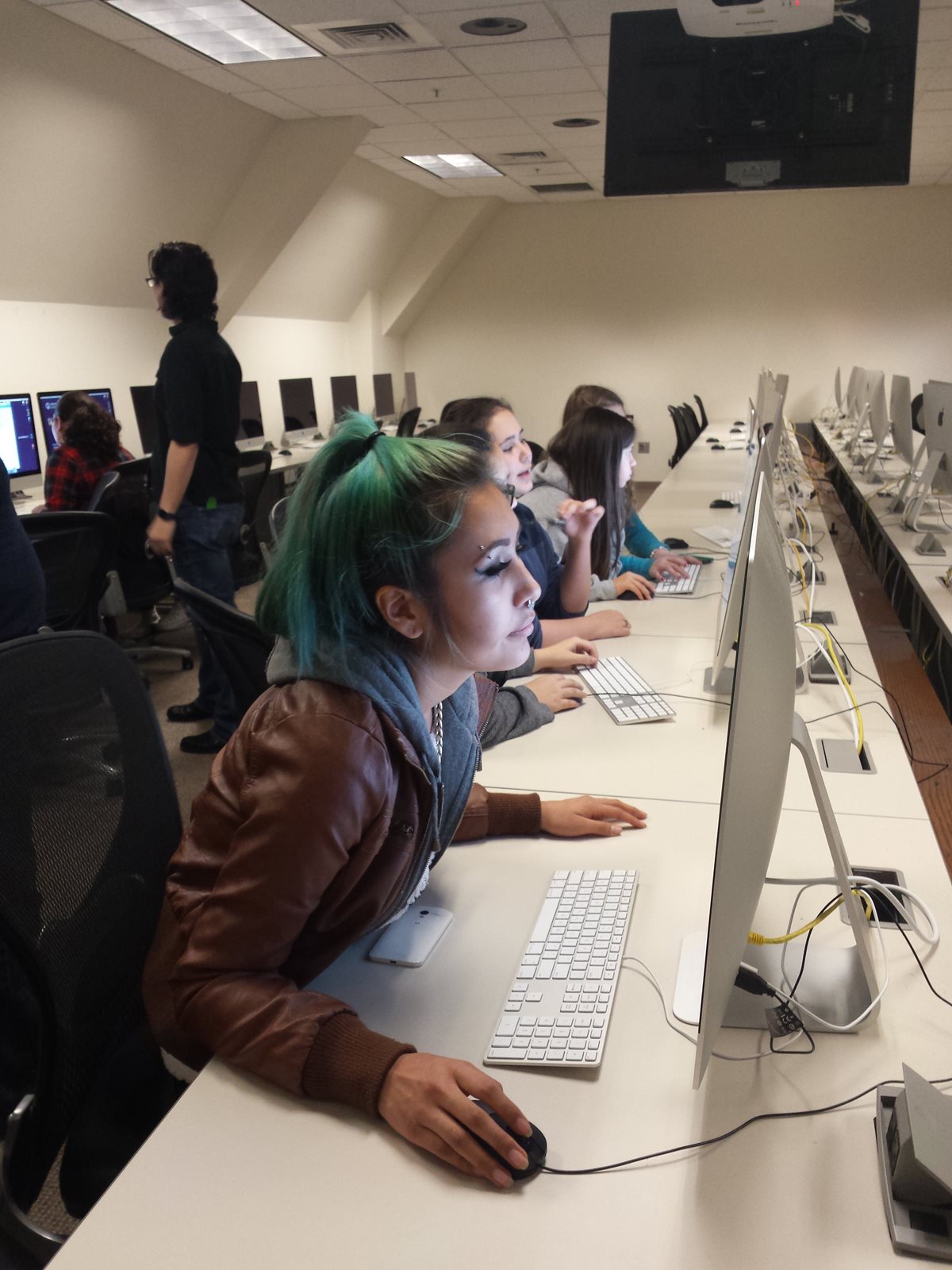
(Photos courtesy of Shawn Peterson)


